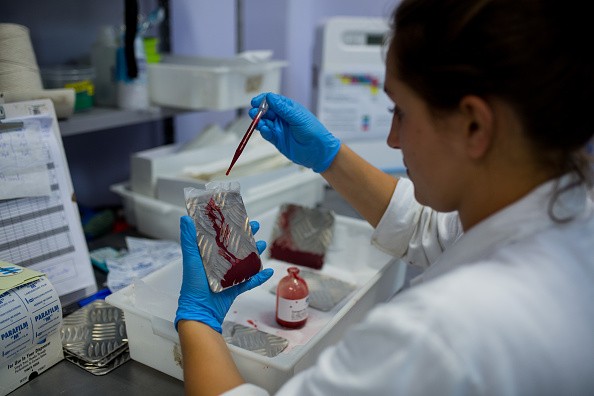Even as the Zika virus continues to spread in various parts of the globe, scientists are working hard to try and stop the transmission of the disease. As of now, there is now recognized vaccine or therapy to protect people from the virus, but a new study claimed that a synthetic vaccine method has been found to be an effective protective measure.
Findings of the study claimed that in vivo experiments showed that the new vaccine was helpful in shielding from contagions, brain damage and even death due to Zika virus. The pre-clinical study involved preparing 100 percent animal models, which were effective in protecting against cerebral cortex and hippocampal degeneration in the brain, science journal Nature reported.
According to the lead researcher and director and executive vice-president of The Wistar Institute's Vaccine Center, David B. Weiner, Ph.D., the findings of their study support the vital importance of immune responses for preventing infection in addition to mitigate the ailment caused by the Zika virus. These findings offer a new insight into a novel aspect of the potential of such a vaccine to protect against Zika infection.
The study undertaken by Weiner and his team is said to be the first of its kind to examine a vaccine in an animal prototype that is vulnerable to the disease caused by Zika virus. It offers information about the defensive impact of the immune response in individuals who are at risk. Earlier studies undertaken on the Zika virus examined vaccines in animal models, which are resistant to Zika naturally.
Meanwhile, a Canadian microbiologist, Dr. Gary Kobinger, has claimed to have made a significant breakthrough in potential Zika vaccine. He is said to have overcome the early hurdles faced by other scientists in developing an effective vaccine against the disease caused by the mosquito-borne virus, The Global News reported.
According to the report, thus far scientists have been using mice to test the vaccines. Since mice are very hardy to be infected by the Zika virus, Dr. Kobinger developed a line of genetically engineered mice, which were susceptible to the Zika virus. Subsequently, he and his study partners in Philadelphia conducted trials with a DNA vaccine on these modified rodents and rhesus macaques.
The new DNA vaccine, dubbed as GLS-5700, protected all the rodents from infection by the Zika virus, brain damage and even death. Moreover, the experimental vaccine stimulated a strong immune response in the monkeys, who are also naturally resistant to the virus.
Watch WHO warning on Zika epidemic below:



























